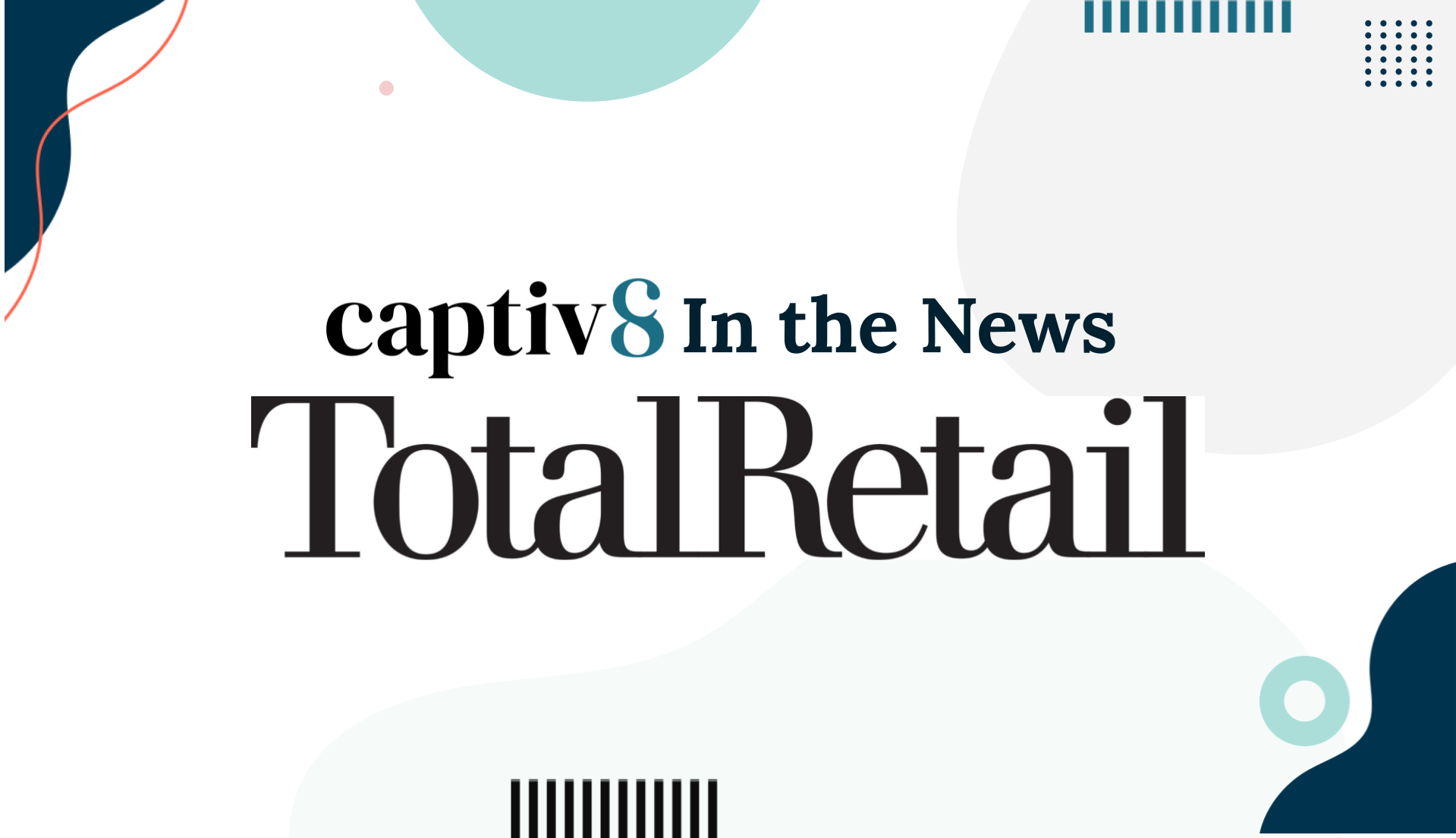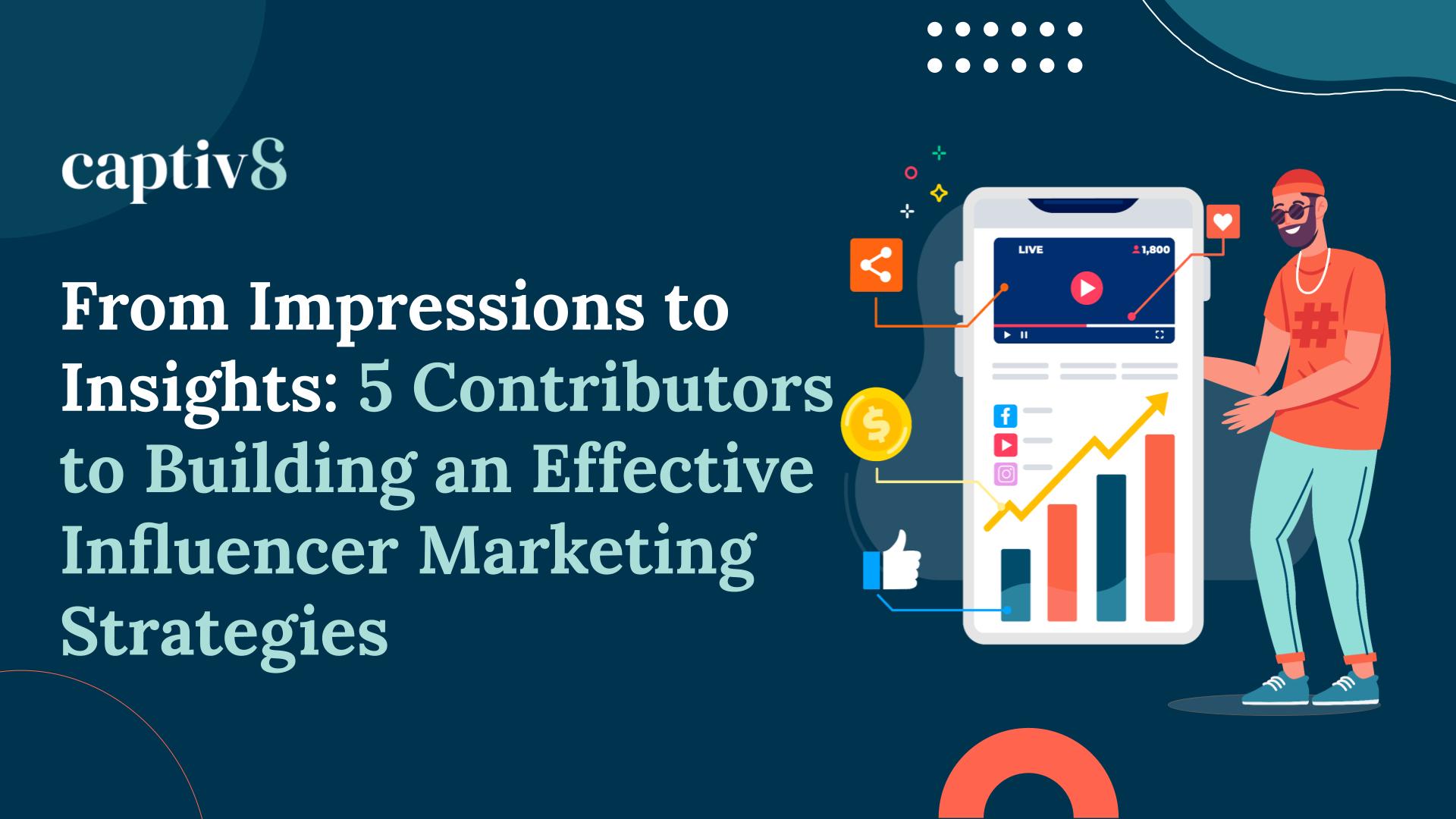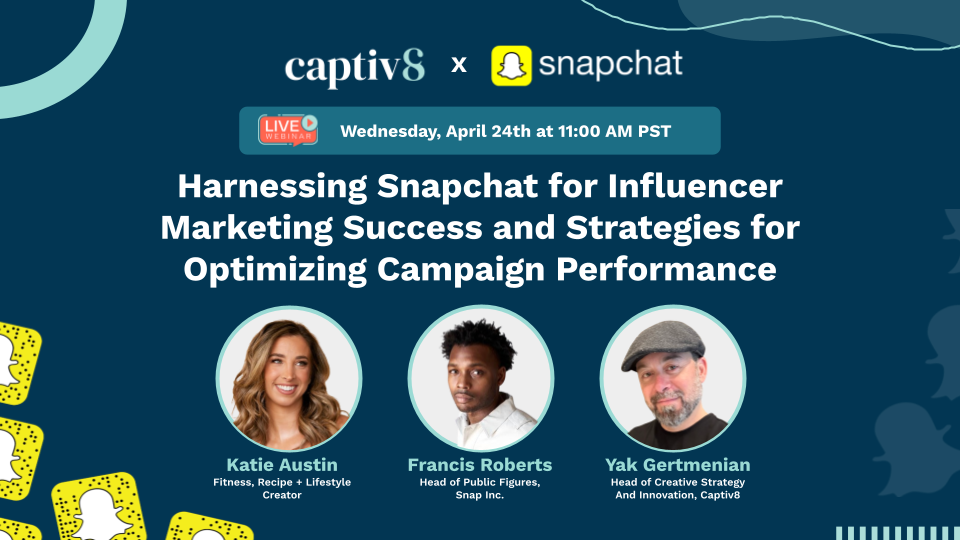How to Measure Influencer Marketing Campaign Success with Analytics
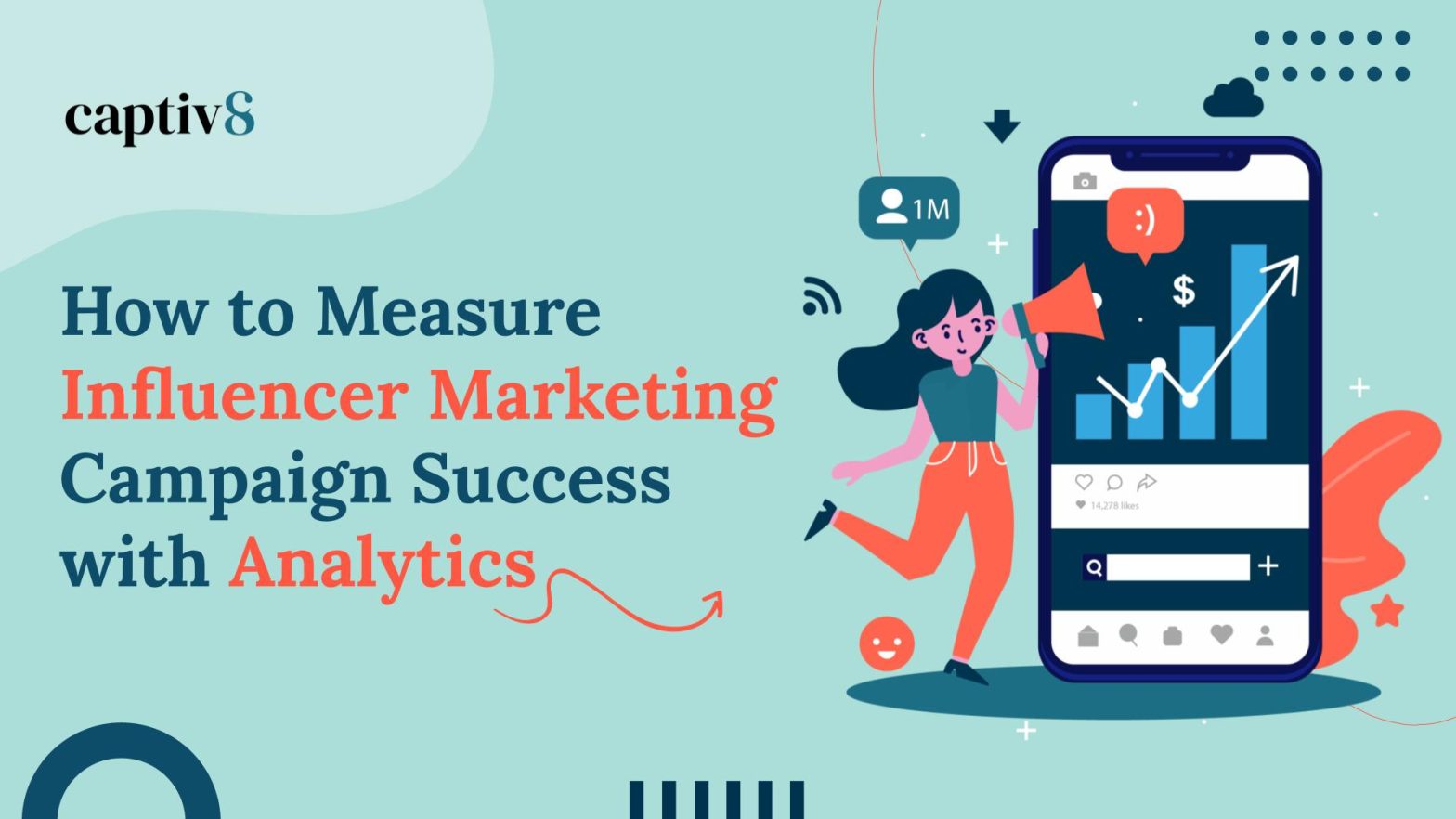
As we witness further growth within the marketing industry, influencer marketing has become an integral part of many brands’ marketing strategies. Collaborating with creators allows businesses to reach their target audience in an authentic and engaging way. However, to maximize the impact of influencer marketing, accurately measuring campaign success with analytics is crucial. 28.1% of brands that run campaigns in-house say that measuring ROI and campaign results is the most significant challenge for them, this is where campaign reporting platforms are key. Real-time results help ensure necessary pivots can be made throughout the campaign if necessary. Find out how to measure influencer marketing success through the use of analytics!
Setting Campaign Goals
Before delving into the metrics and analytics, it is important to establish clear campaign goals. Identify key performance indicators (KPIs) that align with your marketing objectives whether it’s a goal to increase brand awareness, drive website traffic, or boost product sales. Defining measurable objectives will help you select and track the most suitable metrics and assess the success of your campaign effectively.
Selecting the Right Analytics Tools
To measure influencer marketing campaign success, you need reliable analytics tools. Several platforms and tools are available to track social media metrics and influencer performance. Consider the specific needs of your campaign and choose the tools that best fit your requirements. It is vital to choose platforms that allow customization, this way you are able to prioritize metrics that are most useful to you. Consider utilizing influencer marketing tech platforms like Captiv8 to provide you with comprehensive insights that can assist you in making informed data-driven decisions to further the overall success of your campaign.
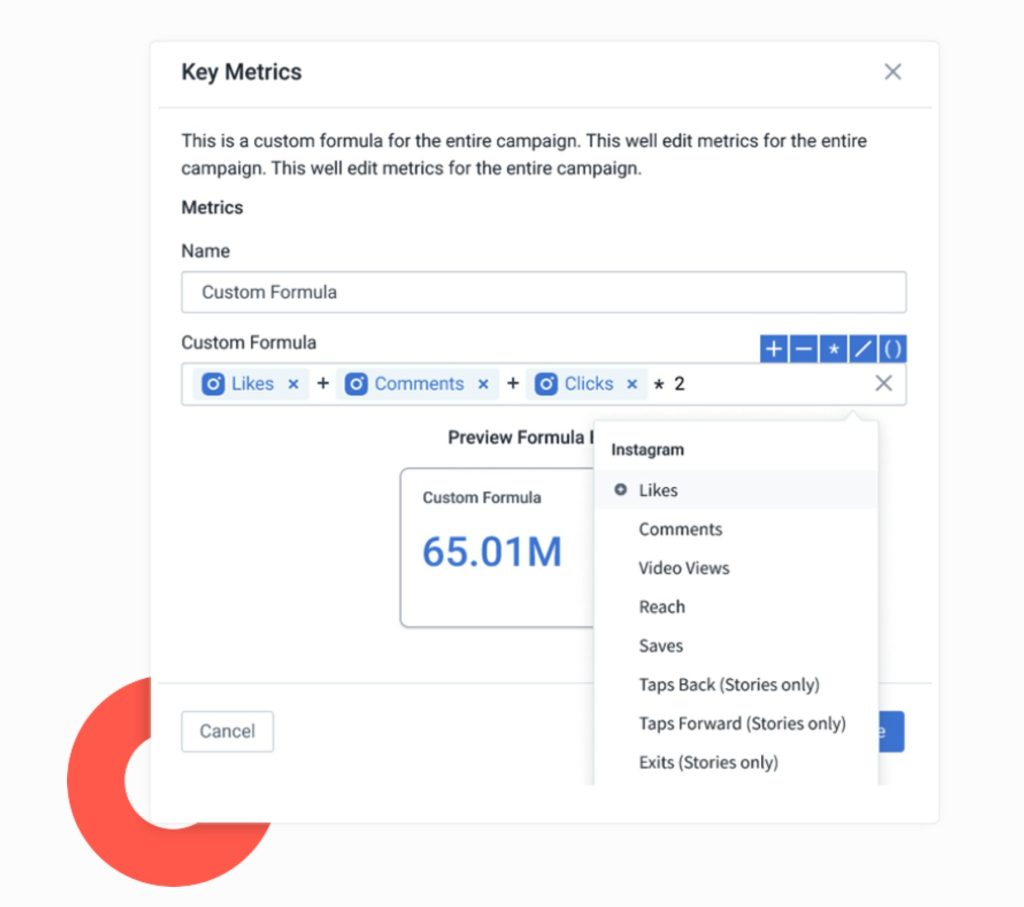
Tracking Key Metrics
- Reach and Impressions:
Monitor follower growth across the creator and brand’s social media channels. Keep track of the number of impressions and views generated by each creator’s posts, influencer marketing platforms can be a vital resource in automating this data collection. These metrics indicate the potential reach of your campaign, a more comprehensive report allows you to pivot or make the necessary changes to further the reach of your campaign and tap into a wider audience. By attracting a wider audience you are driving increased brand awareness and targeting more potential customers resulting in the generation of sales.
- Engagement Metrics:
Analyze the likes, comments, and shares received from creator posts. These metrics assist in identifying whether or not the content has been perceived well and resonates with the audience. The success of a campaign is dependent on whether the content is engaging with its audience in an effective and appropriate manner. A successful campaign is characterized by higher engagement rates.
- Conversions and Sales:
Implement customized discount codes or trackable links for creators to use to measure conversions and sales generated through influencer campaigns, further emphasizing the efficiency of the campaign. Monitoring conversions that are a result of creator content can help identify the content types that are best suited to the needs of the campaign and the impact made. Through Captiv8’s trackable retail solution, brands can efficiently track and compare which links are generating the most conversions and sales to make informed analytic-driven decisions.
- Brand Sentiment and Perception:
It is vital to monitor the overall perception of your brand. A positive relationship with your consumers is what generates the most sales and warrants brand loyalty. This can be measured by sentiment analysis. Analyzing the effectiveness of user-generated content related to the campaign and whether it has resulted in increased brand mentions can provide insight into brand sentiment and whether consumer perception has been influenced successfully through the campaigns.
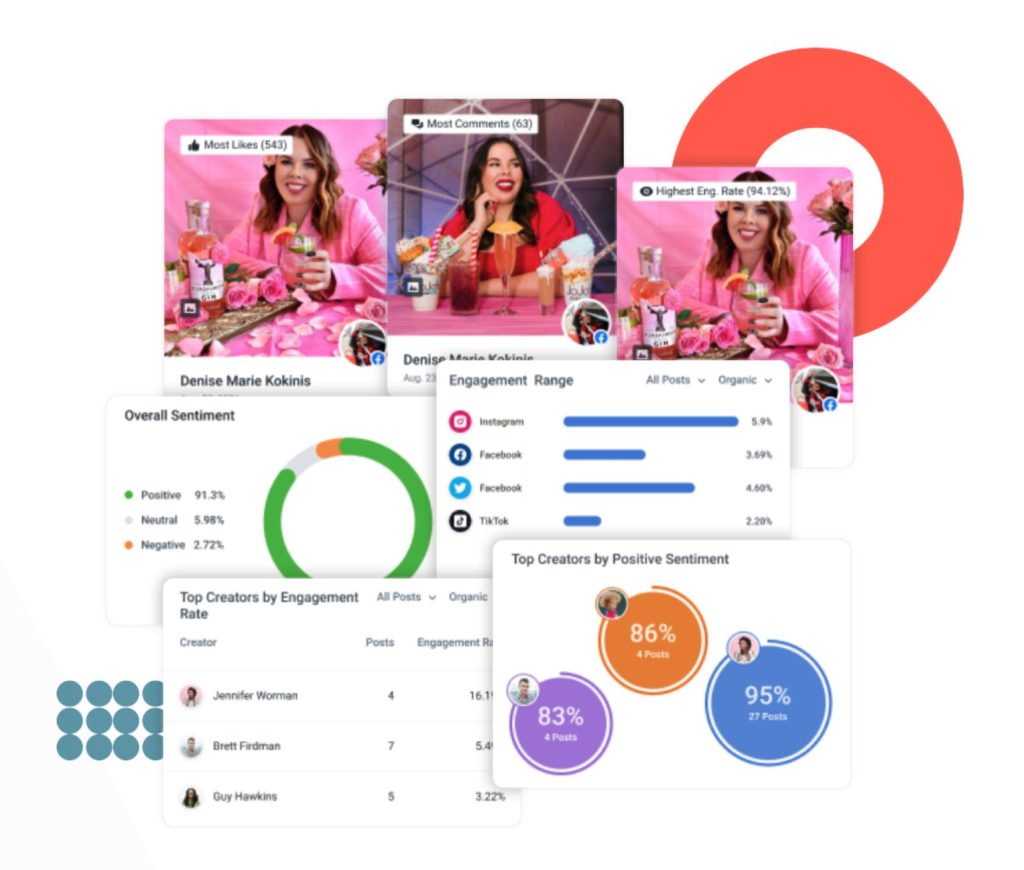
- Measuring ROI
To assess the effectiveness and profitability of your influencer marketing campaigns, measuring ROI is crucial. ROI serves as a financially quantifiable measure and is the clearest indication of success. This metric gives you insight into whether certain factors surrounding the campaign require more resources than others, essentially providing an opportunity for budget reallocation. Understanding the ROI can prove the financial impact and value of the overall campaign.
- Benchmarking and Comparison
Comparing your campaign performance to industry standards provides valuable context. Assess how your influencer marketing efforts are performing in comparison to similar campaigns within your industry. Additionally, when selecting and activating creators evaluate their effectiveness by comparing their performance metrics. Utilize this metric to identify areas for improvement and opportunities to enhance future campaigns.
Conclusion
Measuring the success of influencer marketing campaigns is crucial for optimizing strategies, achieving desired outcomes, and meeting your set objectives. Implementing analytics in your influencer marketing campaigns empowers you to make data-driven decisions and gives your campaign quantifiable purpose. Remember, continuous measurement and optimization are key to staying ahead in the ever-evolving world of influencer marketing. Interested in measuring campaign success with analytics? Take a platform tour to find out how Captiv8’s comprehensive and customizable reporting can help you unlock the full potential of future influencer marketing campaigns!
